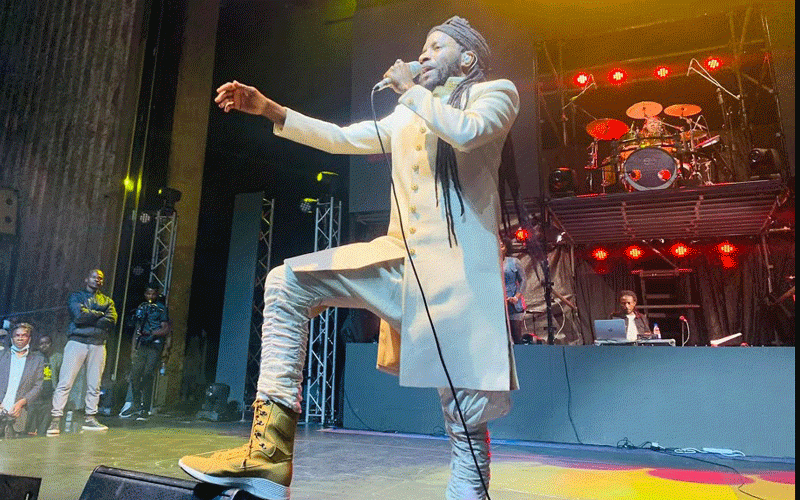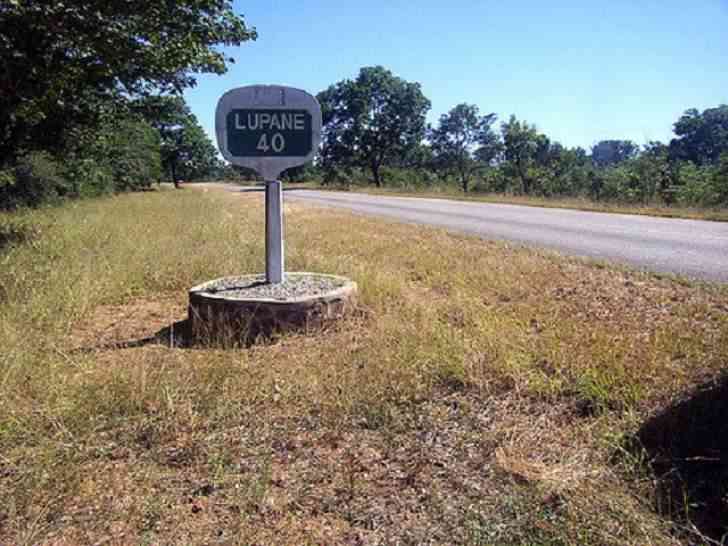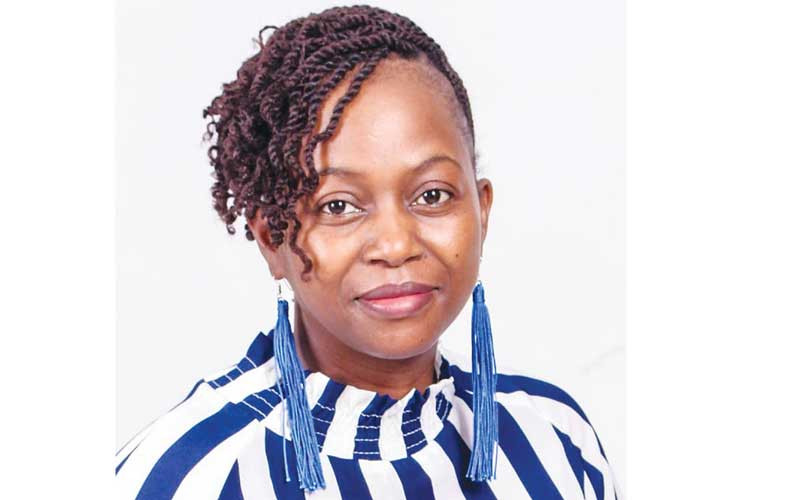
AS Zimbabwe marches towards this year’s harmonised elections, the year has already opened with one of the country’s most sought-after artistes Wallace Chirumiko, popularly known as Winky D, stirring up emotions in the arts and political scenes with his latest album Eureka Eureka.
The album has ruffled the feathers of Zanu PF followers and sympathisers, who described it as anti-government and want it banned.
Two of the songs on the new album, Ibotso and Dzimba Dzemabwe, are littered with political lyrics that have unsettled the regime.
Four years ago, he released Kasong Kejecha, which was also pregnant with political undertones, which also caused a stir on the political streets of the ruling Zanu PF party, just as was the prelude to the release of the album Njema in 2019.
To some, Winky D’s songs have mostly carried political messages, with many assuming he has chosen to side with the main opposition party, while another section of society views him as a social justice champion.
As before, the narratives on how his art is largely emulsified by politics have continued to make waves across the nation.
This has led to him attracting a mixture of both massive support and heavy criticism whenever he releases his projects.
According to research conducted by Irfen Demirel: “The relationship between art and politics is multifaceted. Art can contribute to political discourse by supporting the current political and ideological views. However, more often than not, art is a disruptive form, that serves as a tool for changing existing political and social realities.”
- Religion: Overcoming doubt and unbelief
- Winky D dominates Trevor’s In Conversation
- Religion: Overcoming doubt and unbelief
- Winky D dominates Trevor’s In Conversation
Keep Reading
The research, among many others, exposes how politics and art cannot be separated. As for Winky D, it has been easy for the majority of people in the country to associate his art with politics as his message is mostly centred on people’s daily struggles.
It’s no doubt that all the ills he exposes are believed to be caused by incompetent leaders and political instability in the country. Hence, for Winky D to sing against those ills is easily interpreted as “anti-government”.
Following the release of his song Ibotso featuring Holy 10 from his new album Eureka Eureka on New Year’s Eve, social media users have been throwing their opinions on the song’s political connotations. Some political activists have also used the singer’s new album and tracks so far released to push their different political agendas.
According to Twitter user Dereck Goto: “It’s foolish for Winky D to align himself with CCC [Citizens Coalition for Change] politics today. His team isn’t looking ahead. Perceptions among the young urbanites who are his base will shift within the next three years. After that, what’ll be his selling point? He should look at [Thomas] Mapfumo’s career for lessons.”
However, this opinion was shot down by some who feel that it is only a narrative being pushed to strike fear in other artistes to never highlight government’s shortcomings.
Award-winning journalist known for exposing the corruption by government officials in Zimbabwe, Hopewell Chin’ono, has also posted several tweets supporting the artiste’s new projects.
CCC spokesperson Fadzayi Mahere has also shared on Twitter her support to the artiste by appreciating his ability to bring together various artistes together as they sing on issues affecting an average Zimbabwean.
Although the majority of people in the country have adamantly associated Winky D’s music with politics, he has always denied being linked to any political party. According to him, he aligns himself with people’s lived realities and champions for social justice.
His denial to be politically-involved can best be supported by some of his projects, which tackle social issues.
This includes his ability to collaborate with Holy 10 and Enzo Ishal on the hit Ibotso and Mbinga, respectively, although both artistes were at some point criticised for affiliating with the ruling family.
In addition, Winky D has also tirelessly engaged in domestic violence campaigns and other campaigns to encourage men’s health through circumcision.
Some may best describe him as an artiste who advocates for ghetto challenges, having grown up in Kambuzuma, one of Harare’s oldest high-density suburbs.
In the song Dzimba Dzemambwe, featuring United Kingdom-based songstress Shingai, Winky D says his heart bleeds when he looks at the poor and needy, since “everything is gone with the greedy” and that Zimbabwe needs “a national healing”.
“Is this the land; we cry for; we died for?; Usadaro,” Shingai asks in the song.
Winky D has been consistent in his songs, that he wants a better Zimbabwe. His other songs such as Mafira Kureva, Ijipita, Njema and Murombo speak for themselves that he wants to see a better Zimbabwe.
In an episode of In Conversation with Trevor, the artiste said: “The best way I can give back to everyone who supports me is through the music.”
Thus, for him, singing about the daily struggles of his fellow countrymen is his way of giving back to his supporters, although the music is often interpreted differently depending on one’s political persuasion.
Asked if his song KaSong KeJecha was political, he curtly said: “... that’s social commentary according to Winky D, I know people may interpret it in different ways, but that’s beyond my control.”







